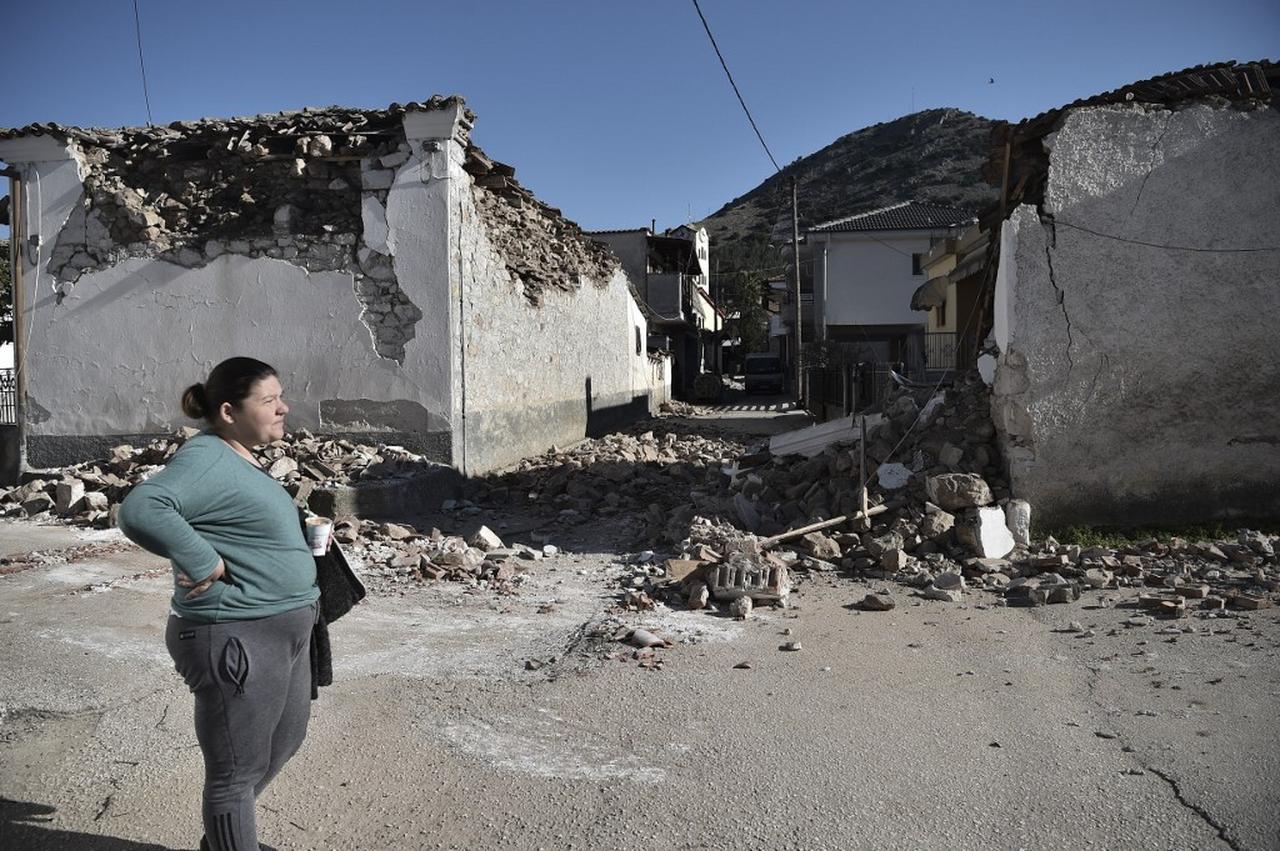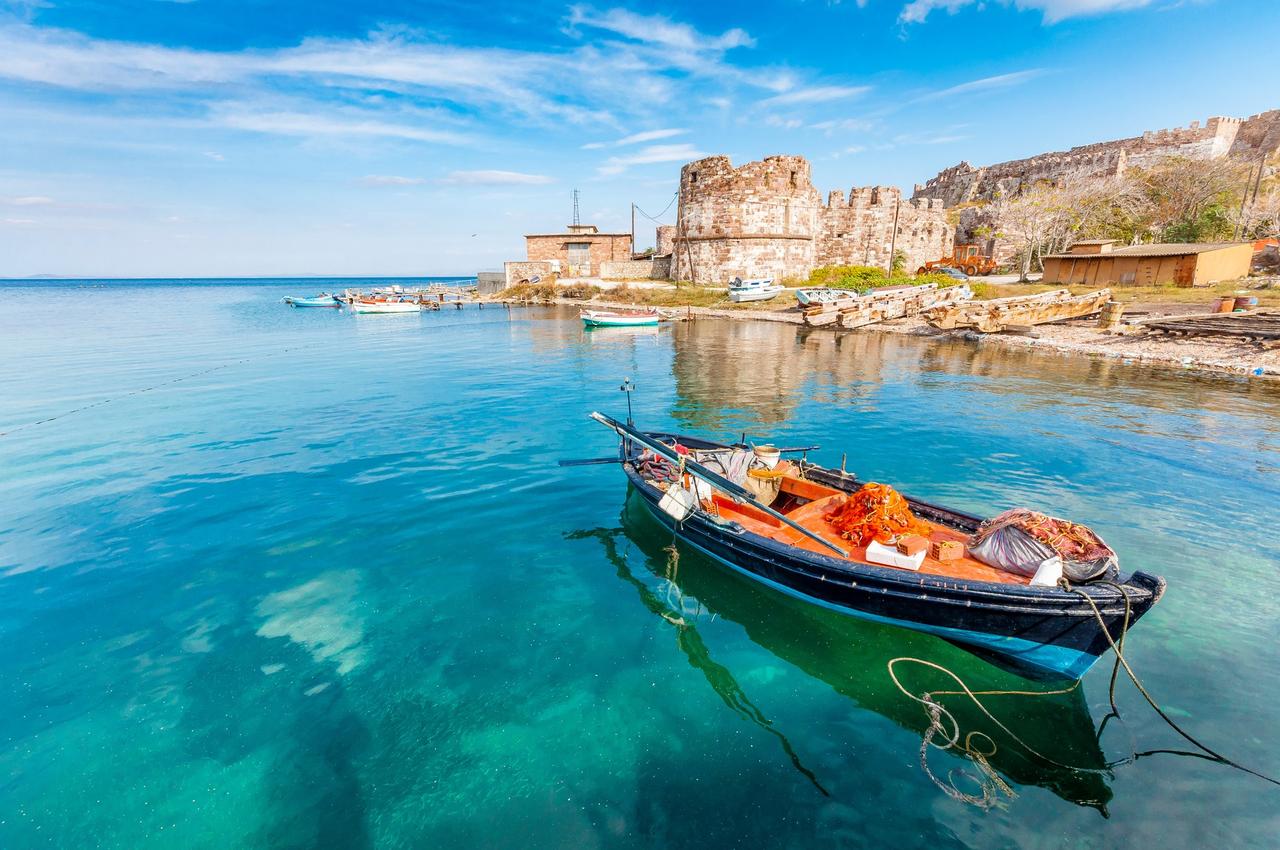
Recent seismic activity in the Aegean Sea has raised concerns about its highly anticipated impact on the tourism sector in Greece and neighboring popular tourism resorts in Türkiye, such as Bodrum.
Both countries rely heavily on summer holidaymakers visiting their coastal regions and islands.
The latest 6.0-magnitude earthquake near the Greek island of Crete has once again raised fears of massive cancellations for the Greek islands. If a strong trend for cancellation arises, Türkiye's popular coastal resorts may also be negatively affected.
While no official travel warnings have been issued by Greek authorities regarding Crete or other islands, the frequency and intensity of such seismic events have prompted increased caution for prospective tourists.
The U.K.’s Foreign and Commonwealth Office updated its travel advisory on May 22, after the 6.0-magnitude earthquake, urging British travelers to remain vigilant.
The advisory states: "Greece can experience extreme natural phenomena such as earthquakes, wildfires, extreme heat and flash floods."

Industry experts speaking to Greece's local media suggest there has been a noticeable dip in new reservations, particularly from European markets sensitive to natural disaster risks following the frequent earthquakes near Santorini in February.
Local business owners on the Aegean islands have expressed concerns that continued seismic activity may affect the upcoming peak travel season.
Greece, along with Türkiy,e is one of Europe’s most earthquake-prone countries, sitting on several major fault lines.

The island of Crete, in particular, has a long history of significant earthquakes.
In 2021, a 6.3 magnitude earthquake hit Crete just weeks after a deadly tremor near Heraklion that killed one person, injured several others, and left hundreds of homes damaged.
Beyond seismic risks, the presence of underwater volcanoes adds another layer of complexity. Santorini, a popular tourist destination, lies atop an active underwater volcano.
Professor Isobel Yeo, a volcanologist from the U.K.’s National Oceanography Centre, is currently studying the area aboard the British research ship The Discovery.
“The marine volcanoes are capable of really big, really destructive eruptions,” Yeo told BBC News. “We are lulled into a sense of false security if you’re used to small eruptions and the volcano acting safe.”
Despite the risks, tourism officials in Greece have not issued deterrent statements.
However, the ongoing studies and seismic monitoring efforts are being closely followed by the tourism industry, as any future event could directly impact traveler confidence and regional economies.